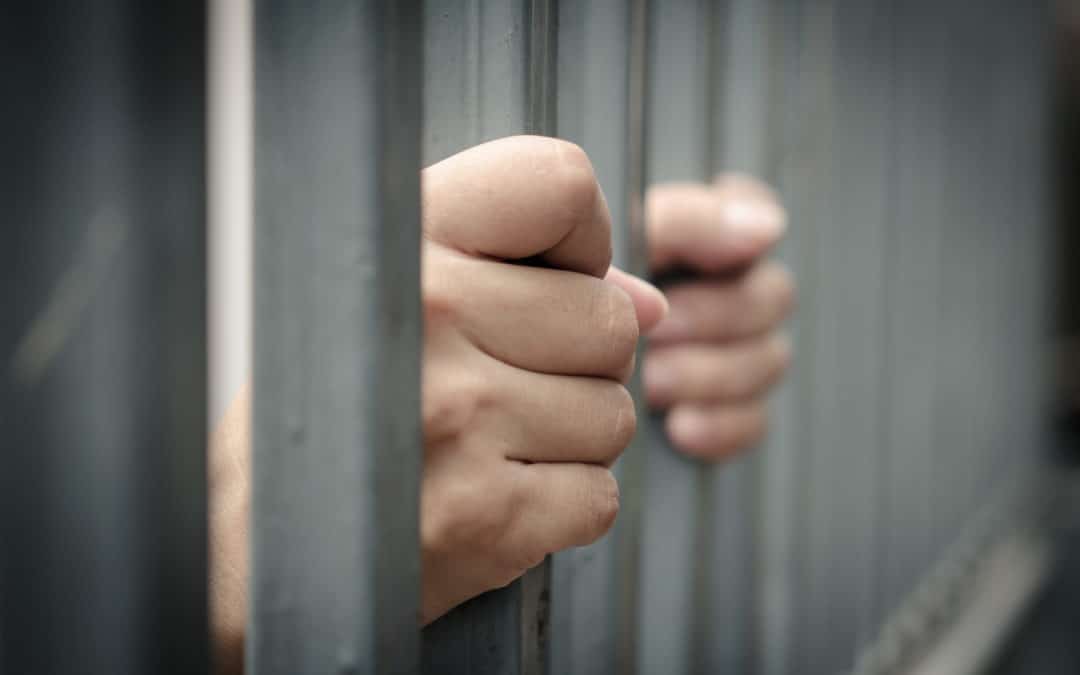Probation and parole are both alternatives to incarceration. Probation typically occurs prior to and often instead of jail or prison time, whereas parole is marked by an early release from prison. Under both probation and parole conditions, the party is supervised and expected to follow certain rules and guidelines. These guidelines are called conditions of parole, or probation conditions, and in both circumstances, the party is expected to submit to warrantless searches, without probable cause.
What is Probation?
Probation usually refers to a period of time before a person is actually sent to prison or jail, or in place of incarceration. When a defendant receives probation, instead of pronouncing the sentence and sending them straight to prison or jail, the judge gives them an opportunity to show that they want to rehabilitate themselves. In this case, either the party is given probation without a predetermined sentence, or the judge will find the defendant guilty, while temporarily suspending the sentence and placing the defendant on probation. If defendants do everything the judge instructs them to do, then they will not be sent to prison to finish their sentence or given a new sentence based on the probation violation and initial crime.
Probation is a type of criminal sentence that permits the offender to remain in the community setting instead of serving time in a jail environment. The defendant remains free so long as the terms of the probation are being met. Conditions of probation might include reporting to a probation officer on a regular schedule, refraining from the use or abuse of alcohol or drugs, maintaining regular employment or continuing with schooling, not changing a residence without advanced notice and permission, and not committing a criminal offense while on probation. The particular conditions of probation may change from one defendant to another, depending on the offense committed, the offender’s criminal history, the presence of victims, and how they were harmed, as well as other specific facts and circumstances.
What is Parole?
Parole refers to the period of time after a defendant is released from prison. A defendant on parole will face many of the same controls or safeguards as probation. Conditions of parole may include requiring a defendant to stay in a halfway house and continuing with payments on fines and other financial obligations.
The functions of the probation and parole process tend to be very similar. Both are concerned with a defendant breaking the bad habits or behaviors that caused them to break the law. Instead of a probation officer, a defendant on parole usually reports to a parole officer. The parole officer explains the rules of parole and expectations of a party on parole to the defendant and monitors his progress. As with a regular probation, if a defendant fails to comply with his parole conditions, then the parole officer could file a report with the parole board. The parole board may, based on the defendant’s behavior while on parole, order the defendant returned to prison to finish the remainder of his or her sentence.
Parole has the additional function of trying to integrate the defendant back into society after a period of corrections. Depending on the nature of a defendant’s offense, a defendant’s conditions of probation or parole may be amended or changed. For example, if a defendant is convicted of molesting a child, the defendant may be ordered to stay away from parks and playgrounds where children frequent.
What Happens if Conditions of Probation or Parole are Violated in Shreveport?
The conditions of both parole and probation must somehow relate to a defendant’s rehabilitation or the offense committed. How conditions are set will depend on whether the defendant is on probation or parole. A defendant on probation is usually still subject to the jurisdiction of the court, meaning the judge has the right to amend or modify a defendant’s conditions of probation. Any changes usually come in the form of an order that modifies a defendant’s conditions.
When criminal offenders violate the terms of their probation, it is likely they will be sentenced to jail for a period of incarceration. When offenders violate the conditions of their parole, they are usually sent back to jail under the terms of their original sentence. Typically, a violation of probation often results in the sentencing to a new jail term for the offense of violating the terms of probation, while a violation of parole will warrant returning to jail for the remainder of the original prison term.
Contact Greenwald Law Firm Shreveport Criminal Defense Attorney if You’re Struggling With the Difference Between Probation and Parole
If you or someone you know has questions or concerns about parole or probation, or any criminal law matter, it is prudent to consult a Shreveport criminal defense attorney as soon as possible. Time is likely of the essence in defending a criminal charge, raising a defense, and exploring the best legal options. Greenwald Law Firm can equip you with the resources and knowledge to handle your case effectively and efficiently. Call our experienced criminal defense attorney today for a free consultation into your important legal matters.

